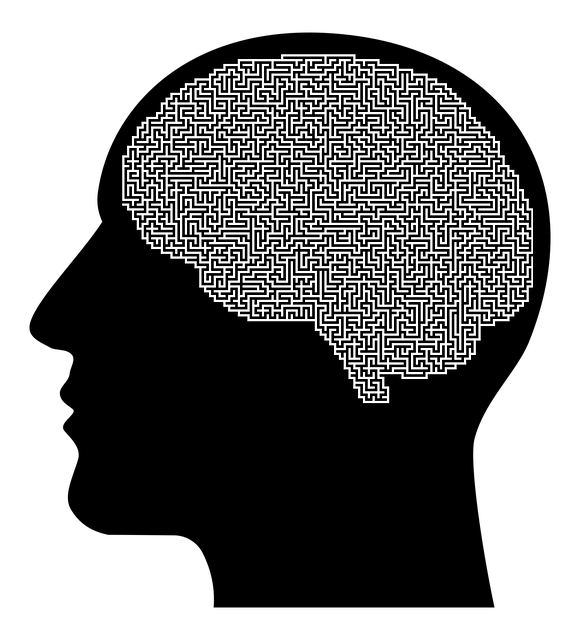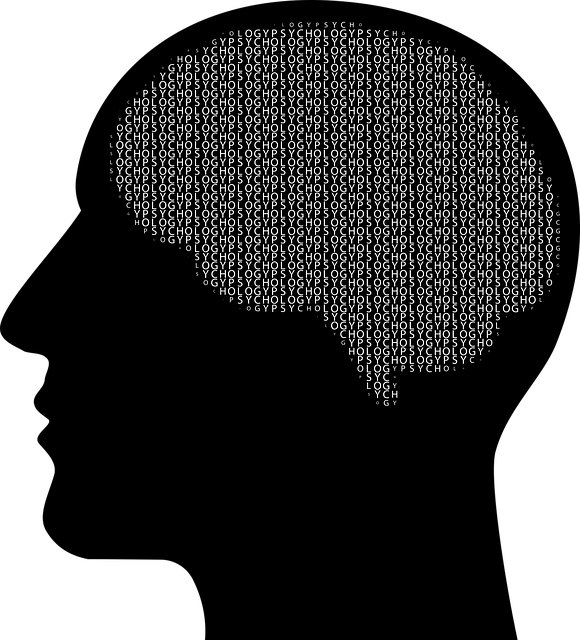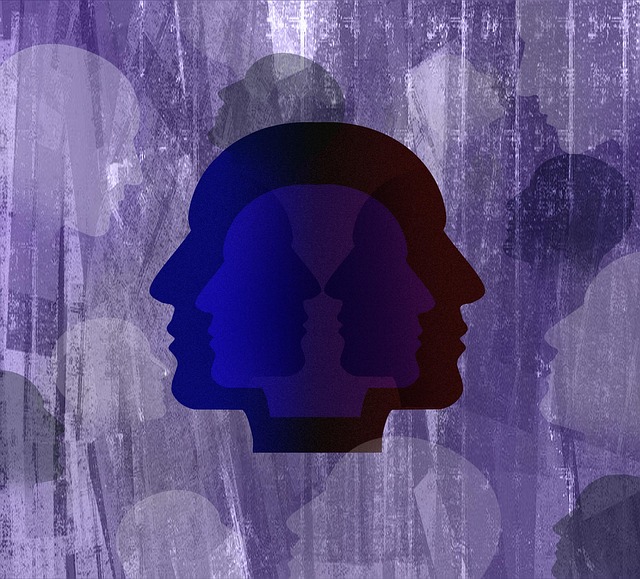Mental wellness journaling is a powerful tool for individuals with Superior Adjustment Disorder (SAD), offering them a means to gain profound self-reflection and emotional control. By documenting thoughts, feelings, and experiences, they can uncover patterns, triggers, and stressors, essential for mental health management. Regular journaling promotes self-awareness, aids in stress management, and fosters the development of coping strategies. It serves as a valuable resource for coaches in SAD therapy programs, providing insights for effective emotional regulation support. Establishing a consistent journaling routine is an effective way to manage SAD, enhancing overall well-being through personalized strategies tailored to individual needs.
Mental wellness journaling is a powerful tool for self-discovery and healing. In today’s fast-paced world, taking time to reflect can be transformative, especially for those managing disorders like Superior Adjustment Disorder (SAD). This article guides you through the process of unlocking your inner thoughts with journaling exercises, offering insights that enhance SAD therapy. From understanding the practice’s benefits to creating a routine and exploring techniques, discover how journaling can foster self-awareness and promote emotional well-being.
- Understanding Mental Wellness Journaling: Unlocking Self-Reflection
- Benefits of Journaling for Superior Adjustment Disorder Therapy
- Creating an Effective Journaling Routine
- Techniques and Prompts for Deepen Insights and Healing
Understanding Mental Wellness Journaling: Unlocking Self-Reflection

Mental wellness journaling is a powerful tool for self-reflection and emotional regulation, offering individuals a space to explore their thoughts and feelings deeply. It’s not just about writing; it’s a form of therapy that encourages introspection, awareness, and understanding. By documenting experiences, emotions, and insights, one can uncover patterns, triggers, and stressors, which are crucial steps in managing mental health conditions like Superior Adjustment Disorder (SAD).
Through consistent journaling practices, individuals gain valuable insights into their minds, fostering better self-awareness. This process helps in identifying areas of distress, clarifying thoughts, and developing strategies for coping with challenges. The act of putting pen to paper allows for a sense of clarity and calm, enabling individuals to navigate their emotional landscapes more effectively. Moreover, mental wellness journaling serves as a development tool for mental wellness coaching programs, providing coaches with valuable insights into their clients’ journeys towards better emotional regulation.
Benefits of Journaling for Superior Adjustment Disorder Therapy

Journaling has emerged as a powerful tool for individuals navigating Superior Adjustment Disorder (SAD) and seeking therapy. The act of putting thoughts and feelings into words can significantly enhance the therapeutic process. By committing experiences to paper, individuals with SAD can better understand their emotions, identify triggers, and gain valuable insights into their thought patterns. This self-reflective practice allows them to process challenging situations more effectively, fostering improved coping mechanisms.
Regular journaling promotes healthy habits such as stress management, inner strength development, and enhanced social skills training. It provides a safe space for expression, encouraging individuals to confront and manage their symptoms proactively. Through this process, they can develop personal strategies to cope with anxiety, depression, or other associated issues, ultimately leading to better adjustment and overall well-being.
Creating an Effective Journaling Routine

Creating a consistent journaling routine can be a powerful tool for managing mental wellness, especially when dealing with conditions like Superior Adjustment Disorder. Similar to the production process of a Mental Wellness Podcast Series, where planning and structure are key, establishing a journaling practice requires dedication and a personalized approach. Begin by setting aside a dedicated time each day or week that aligns with your natural rhythm. Some people find solace in morning pages, while others prefer winding down before bed. Consistency is crucial; aim for regular entries to build resilience over time.
Consider incorporating specific prompts to guide your reflections, ensuring each session offers valuable insights. For instance, questions about emotions, gratitude, or challenges can help you process experiences and gain perspective. Regular journaling allows you to track progress, identify patterns, and develop coping strategies tailored to your unique needs. It’s a space where you can openly explore your thoughts and feelings, fostering better self-awareness—a vital aspect of mental wellness maintenance.
Techniques and Prompts for Deepen Insights and Healing

Journaling is a powerful tool to deepen insights and facilitate healing, especially for those navigating Superior Adjustment Disorder (SAD). Incorporating reflective prompts can enhance the therapeutic process. Start by exploring your emotions; write about moments when you felt a particular emotion intensely, and trace its origin. This practice helps in understanding triggers and developing coping mechanisms.
For instance, if you experience anxiety, reflect on situations that induce it and consider alternative responses. Journaling can also be used to challenge negative thoughts and beliefs. Prompt yourself with statements like, “What evidence do I have for or against this thought?” or “How might someone else interpret this situation?” Regular engagement in these exercises contributes to self-awareness, fosters self-esteem improvement, and enhances stress management skills, which are crucial components of SAD therapy. Additionally, it aids in the design of personalized mental health education programs that cater to individual needs.
Mental wellness journaling is a powerful tool for self-improvement, especially beneficial in managing conditions like Superior Adjustment Disorder. By consistently reflecting through structured routines and exploring prompts that encourage introspection, individuals can gain profound insights, heal, and enhance their overall mental wellness. This practice allows one to navigate life’s challenges with greater resilience and awareness, ultimately fostering personal growth and a deeper connection with oneself.










